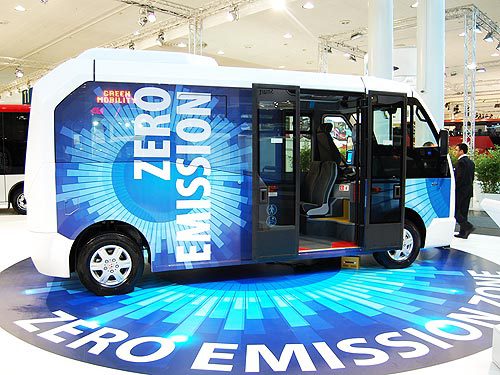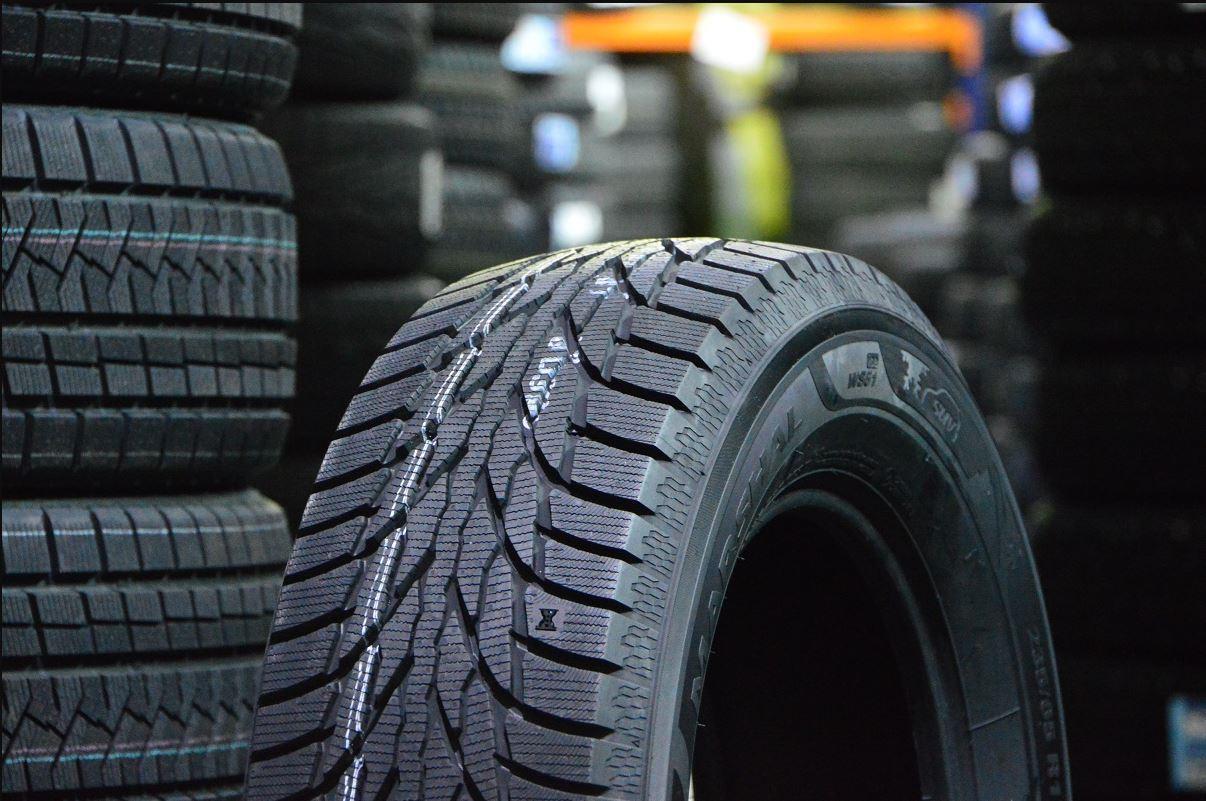
The end of combustion vehicles!
From 2035, it will be impossible to sell cars with internal combustion engines in the European Union - for many, this is the end of real motorization! Interestingly, the European Commission, which is about to introduce these provisions, is probably not aware of their implications. Fuel at the stations will also become more expensive, which can lead to a drop in GDP in Europe, and quite quickly!
The date is already known - some people define it as the end date of motorization, but, interestingly, this is the end of motorization only in the European Union. No one dares to take such a step, neither the United States, nor Japan, not to mention other markets. If nothing changes in the EU by 2035, it will be impossible to buy conventional-drive cars here, and even beyond Poland's eastern border. Is this really a step towards the environment, or just bizarre ways to create the impression that the EU is acting responsibly and environmentally?
Reduction plan?
The newspaper will take everything - this is probably the slogan of the European Commission, which announces a ban on the sale of cars with internal combustion engine and diesel engines in the EU by 2035. In any case, in 2030, CO2 emissions will be reduced by up to 55 percent compared to 2021. This is part of a larger plan, aptly called the climate plan, but it has long been known that the production of electric vehicles, their use, and the production of electricity are not associated with zero emissions. It's such a clever way to hide the true greenhouse gas emissions. In addition, there are stories related to the mining of rare metals and the disposal of batteries from electric vehicles. One of the contestants for these ideas (fortunately, not yet approved), the European Association of the Automotive Industry ACEA, demonstrates that such actions are definitely too fast - because switching to electricity in such a short time is impossible and it is better to use, for example, hybrid technology. The European Commission is still in the process of adopting new rules in the EU countries, which will certainly not be easy. France has already protested the stringent exhaust emission standards, in which case Germany's opinion should also be taken into account. The latter country is also a major beneficiary of automobile production. The pandemic has shown that a few months of plant downtime is enough to start a shortage of new cars in Europe. It is not yet possible to replace them with electric vehicles, if only because there is no infrastructure for them. Of course, there are small countries like the Netherlands where you can drive such a car on a daily basis, but in most cases it is not that easy. In addition to purely human considerations, it is also worth considering the fact that this could slow down the economic development of the EU, already affected by the coronavirus pandemic. So is there a chance the European Commission's dreams won't come true?
The stations will be more expensive
Unfortunately, Euroburocrats have another weapon in their fight against car owners - taxes on conventional fuels and discounts on the development of electromobility. Ahead of the planned amendment to the taxation of energy carriers. In this case, the European Commission wants to change the system for calculating excise taxes. According to novena, this depends on the calorific value expressed in GJ (gigajoules), and not on the quantity of goods expressed in kilograms or liters, as it has been so far. According to new calculations, the excise tax on fuel may even be twice as high. This is a shock, considering that fuel prices at gas stations have increased by almost 30 percent since last year! And now it could be even more expensive! This project is called "Green Deal" and will be implemented from the beginning of 2023. The information was scrolled through Polish portals, this fuel at the stations can then cost more than PLN 8 per liter. And while this seems unrealistic today, it can drastically limit the use of classic cars. But think - after all, all goods in the EU are distributed by trucks, so the surge will affect all related industries. For horses, we will pay more for all possible goods, and this will limit the development of Europe. Of course, the option with electric vehicles is being considered here, but how do you imagine it - if a truck has to travel 1000 km, what size should the batteries be and how many can be packed in them? While it is possible to imagine individual transport in electric vehicles (annoying, but still possible), the transport of goods will become completely impossible in the next few years. Even something as simple as a courier - let's say that the average courier car drives 300 km a day. At the moment, an electric locomotive with similar parameters can beat 100. If there were more, then during the day it would have to be replaced with batteries. Now help this car by the number of courier cars in each city, then count the number of cities, then countries. Maybe 20 years from now, but certainly not anytime soon. In our opinion, electromobility will only contribute to the fact that the EU will cease to matter in the world! Now help this car by the number of courier cars in each city, then count the number of cities, then countries. Maybe 20 years from now, but certainly not anytime soon. In our opinion, electromobility will only contribute to the fact that the EU will cease to matter in the world! Now help this car by the number of courier cars in each city, then count the number of cities, then countries. Maybe 20 years from now, but certainly not anytime soon. In our opinion, electromobility will only contribute to the fact that the EU will cease to matter in the world!

